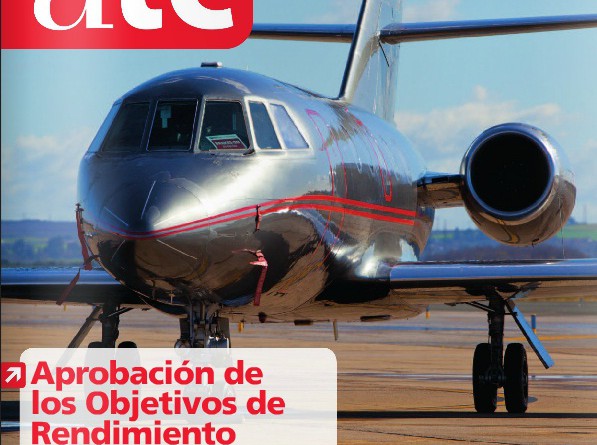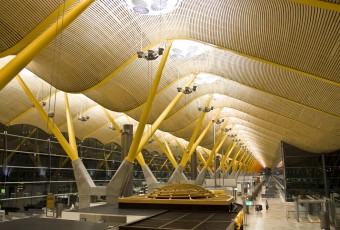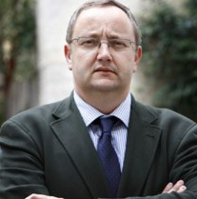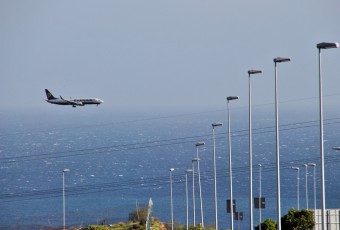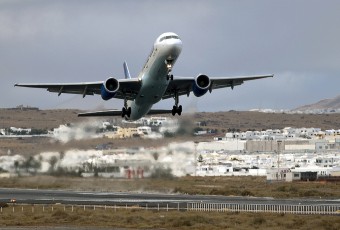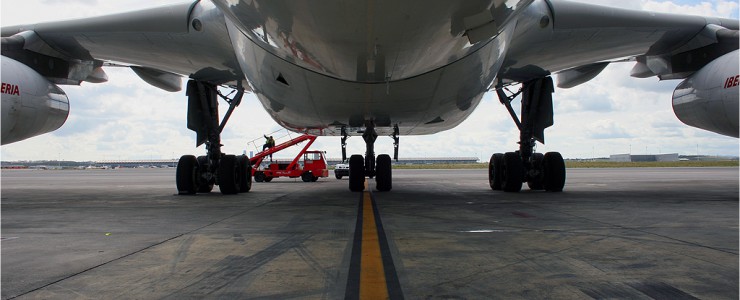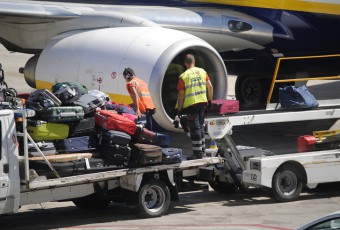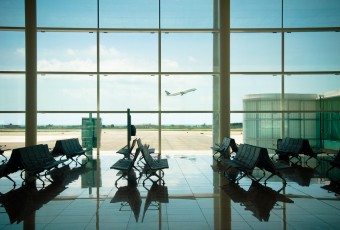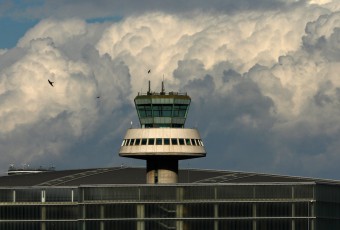We are proud to share the Flight Consulting interview by Mr. Cayetano de Martí – ATC supervisor from the Canary Island ACC – for USCA Magazine. Please find below our free translation:
The aviation Industry is not just aircrafts and airlines. There are hundreds of activities around. Without them there would not be air transport. This is the case of Flight Consulting, a small Spanish company operating since more than twenty years ago which provides advice about all the problems behind each operation.
We think it is dramatic that a flight has to be cancelled because there is no way to find a solution which is acceptable for all the involved parties.
Sometimes, when we travel we wonder why the airline has chosen a bad schedule or a non commercial schedule. Why is this happening? Are they mere strategic mistakes or there is something else behind? José Masot, Director of Flight Consulting, has some answers.
What is Flight Consulting business? Flight Consulting provides highly specialized and experienced staff in commercial permits (traffic rights) management, slot coordination, airport credit facilities management and general advice to airlines and tour operators, mainly in Spain but not exclusively.
When was Flight Consulting born? Our company started activity in 1991, but, somehow, we could say that it already existed much before. Two of its shareholders had been working together in the same field for the previous fifteen years, in a company connected to the handling activities. Precisely the services Flight Consulting currently offers were those days a kind of complement offered in exchange of handling service contracts. We saw the need to splitting advice from any other service in order to guaranty the independence. That was the way Flight Consulting was born, with the proposal of sharing our know how without the need of contracting any other service which could result in a loss of independence in our advice. In fact, our clients cooperate with the different handlers, airport supervisors, etc.
What were your first customers? Our first clients were the British airlines Dan Air Services, Britannia Airways and Airtours International. British Airways took over the first one. We still work for the second one but nowadays its aircrafts are painted asThomson Airways, the British side of the TUI Group, and currently the third operator into the Canary Islands. Airtours Internatinal changed to MyTravel Airways which merged with Thomas Cook, the other big European Tour operator. We still work for them too.
Which is your customer profile? Which are the biggest and the smallest? I do not think our clients have a special profile. We work on behalf of enormous airlines like United Airlineswith schedule service operations in Madrid and Barcelona and very small airlines like the Turkish charterTailwind Airlines. We work on behalf of traditional airlines like Austrian Airlines or with low fare airlines likeJet2.com or Smartwings. Spanish cargo airlines like Swiftair, or from Equatorial Guinea, Ceiba Intercontinental. Amongst our clients, the greatest number of flights to Spain corresponds to the TUI Group. I would say that the profile of our client is an airline worried about making its aircrafts profitable basing them in a program as efficient as possible which leads it to outsource parts of its duties to an specialized agent. That agent is Flight Consulting.
What do you mean with an “efficient program”? In Europe there are many airports which are highly congested, those we traditionally named as fully coordinated, and IATA qualifies as Level 3. Other airports are simply facilitated, qualified by IATA as level 2. Finally, IATA Level 1 airports are not congested. In Spain most of the airports with greater traffic are fully coordinated. That means that airlines cannot operate when they wish, according to their commercial or operational (when they have aircraft availability) needs. Airlines suggest a schedule to the concerned authorities (slot coordinator or facilitator). The authorities then, based on the airport capacity and the demand determine if that operation can take place as suggested or it has to be changed as per the currently available capacity. Sometimes there is no capacity available or the capacity does not match with the aircraft availability, so the operation is impossible.
So there is when you come into play… In fact we prefer to come into play before there is a problem so we avoid it with a program adjusted to the airports capacity. It is cheaper for the airline to start programming in the correct way than having to reschedule a few weeks before the flight operates because it was unable to sort a slot problem out. I give you an example: an operator wants to fly to both Gran Canaria and Tenerife during the weekends. If the operator plans Gran Canaria on Saturdays and Tenerife on Sundays, it may have to adjust its aircraft availability to the airport capacity, but if the operator plans Tenerife on Saturday and Gran Canaria on Sunday, there will not be airport congestion problems. These kinds of changes are not always possible because there are many other actors involved such us hotels, tour operators, etc. Then our duty is finding the closer solution to the original plan which is acceptable for both airlines and airport. We think it is dramatic that a flight has to be cancelled because there is no way to find a solution which is acceptable for all the involved parties, mainly if we keep in mind the long way the coordination process takes. In fact a slot series chain is requested to the authorities with between a half and one year time in advance.
Because airlines cannot operate just when they wish… In Level 1 and 2 airports there is more flexibility, but in Level 3 airports there is no flexibility at all, so operating at a different time from the one cleared by the slot coordinator can lead to heavy fines in addition to the obvious lack of airport facilities (check-in desks, boarding gates, conveyor belts, parking positions, etc.).
In addition to slot coordination you mentioned other management activities within your company. Yes. In addition to a general advice on aviation industry in Spain and all the issues in relation to the airport slots management, the other two big areas we deal with are the traffic rights clearances and the airport credit facilities. Lately we have inaugurated a new web site (flightconsulting.com), where we have a blog with aviation news, some information about our company and some statistic tools which can help to make market research or route planning. There we can easily see which airlines operate which routes, frequencies, aircraft types, etc.
Source: ATC Magazine (USCA)


